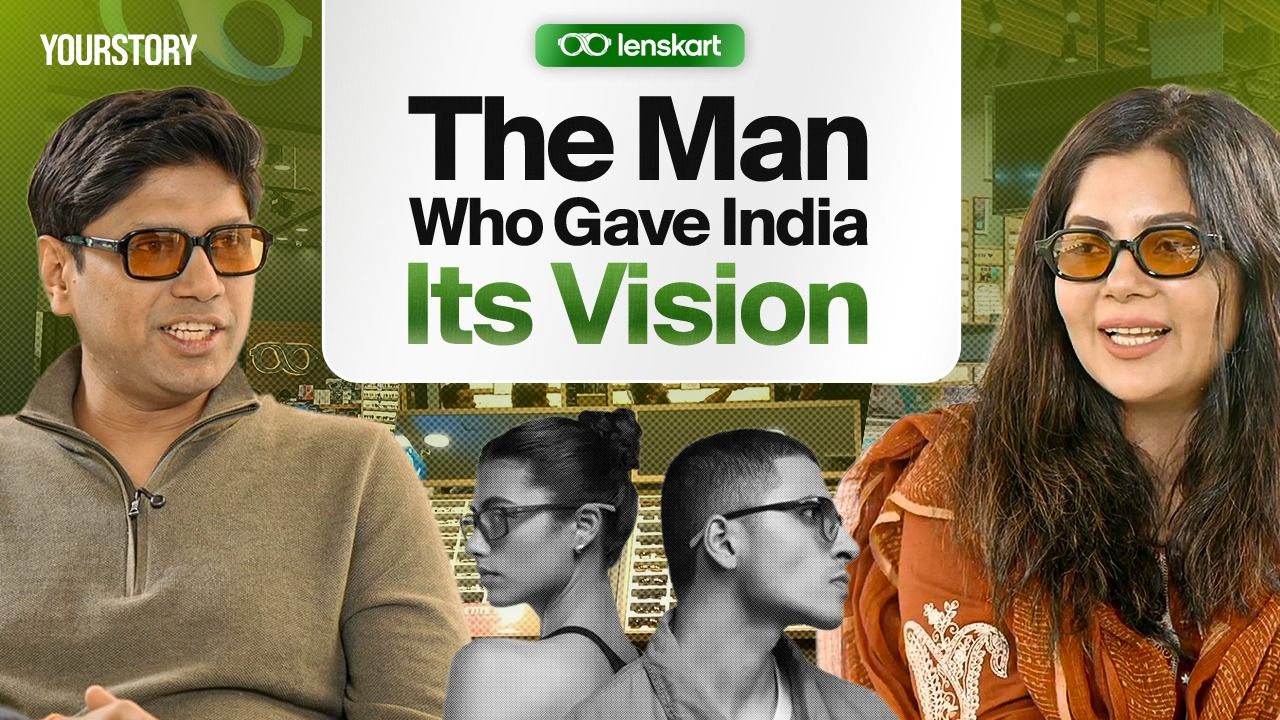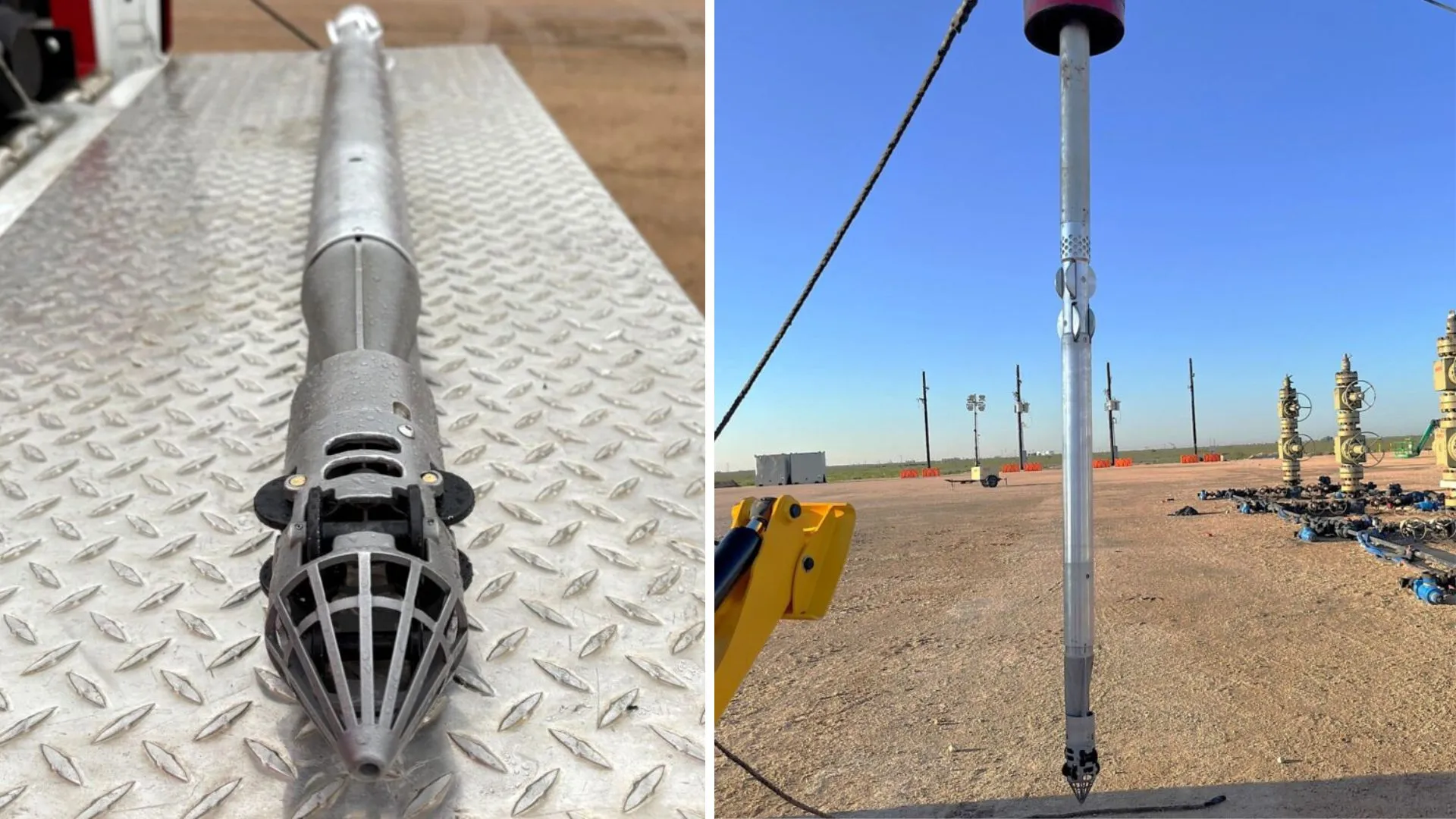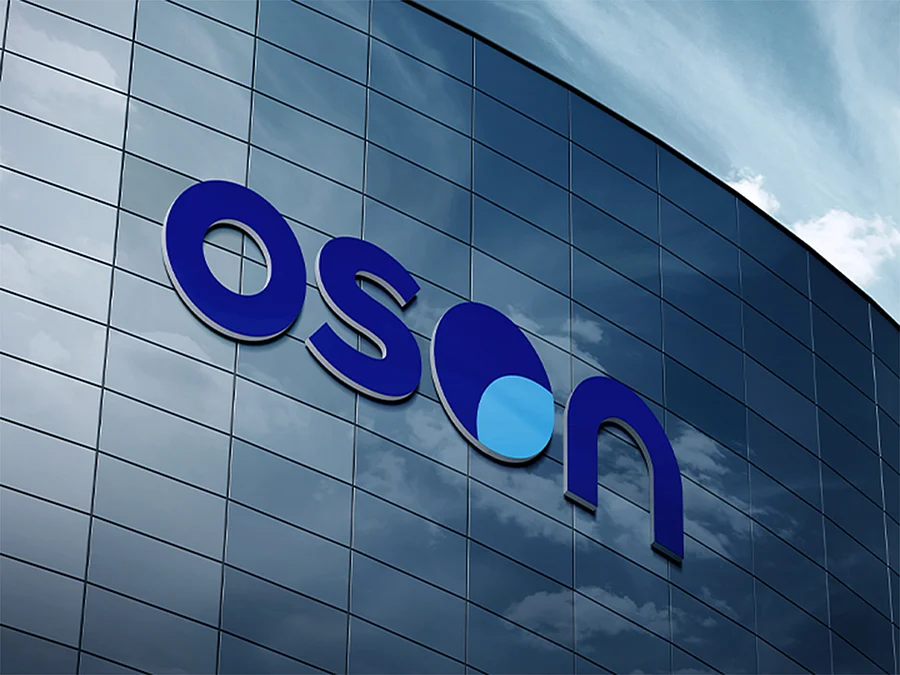Copyright yourstory

Peyush Bansal, co-founder and CEO of Indian eyewear chain , recalls being in Singapore ahead of the launch of the company’s first store there in 2019. “I was cleaning the store myself. We were very worried, and log keh rahe the hum nahin batayenge ki ye Indian brand hai (people were saying not to reveal it was an Indian brand),” he says, in a conversation with Shradha Sharma, Founder and CEO, YourStory. “Eventually we saw that if you do a good job of customer experience, people don’t care. Abhi (now) people care about authenticity.” Lenskart today has 65 stores in Singapore. That anecdote is Bansal’s way of summing up what it really takes to build an international customer-facing chain brand, that too from India. For him, the formula involves belief combined with technology, put into systems that can scale successfully. It’s what enables Lenskart to deliver the same experience in Patna as it is delivering in Tokyo, he says. Lenskart was originally incorporated as Valyoo Technologies by Bansal, his sister Neha Bansal, Amit Chaudhary, and Sumeet Kapahi in 2008. Fifteen years after starting its online business, and 12 years after its first store in New Delhi, Lenskart it on the verge of launching its IPO, reportedly looking for an $8 billion valuation. Lenskart today runs an omnichannel business that operates over 2,700 stores in over 500 cities. Over 2,000 of the stores are in India, and in recent years it has ventured into international markets such as Japan, Southeast Asia, and West Asia. Being in the 1% Bansal says, “You will find nine out of 10 people telling you ki India se nahin banega (it can’t be built from India).” He talks about how the entire ground floor of malls is filled with international brands. “Aur agar malls se jaake aaj ki date mein aap mangenge store toh woh bolenge yeh floor reserved hai international brands ke liye. (And if you ask for space today, they will say that floor is reserved for international brands.) While such things hurts, he says, it also strengthens the ambition to build a world-class brand. He says it is important to recruit talented people whose ambition it is to build a global brand. “Lenskart mein jo log kaam karte hain wo un logon ka dream hai (At Lenskart, the people who work here carry that dream).” “It requires a lot of persistence to be able to stay the course. There will be a lot of failures, whether it is about building a global brand or solving for an experience in the store,” he says. “Everything in the world will want you not to be in that 1%, because that 1% is very uncommon. You will bring talent from everywhere. They will say ki hamare yahan to pahle aise nahin hota tha (People would say, this isn’t how we used to do things).” Bansal gives an example of the 14-day money-back guarantee that Lenskart has. “Hum jab conversation bhi karte hain investors ke sath vah bolte hain chashma kisi ne liya aur usmein aapne custom karke lenses lagaya fir aap wapas kyon lenge (In conversations with investors, the question would come up: if someone buys a pair of glasses and you’ve already custom-fitted the lenses, why would you take them back?). The question is logical, he says from an EBITDA and revenue perspective. But, from a customer and brand perspective, “We need to hold our promise.” ‘Amazon of eyewear’ Still, convincing people about the idea initially was tough. “I would say grace and luck, we just kept moving on and there was this belief that we are going to give vision to billion people,” Bansal says, adding in a lighter vein, “Mere co-founder ki to shaadi nahin ho rahi thi because his parent father-in-law said ki chashme wale se shaadi nahin karayenge (My co-founder couldn’t even get married because his would-be father-in-law said he wouldn’t marry his daughter to someone in the spectacles business.” The Lenskart team was clear from the start that they didn’t want to do anything for the short term. “We wanted to build an Amazon of eyewear,” Bansal says, adding, “I remember about 7-8 years back, we have this annual event called Hall of Frame where I make a speech. And one of the slides was a Google Map. Today, we cannot imagine our life without Google Map.” He recalls saying, “And, this is how Lenskart has to be.” One thing that Lenskart has learnt along the way is the importance of investing in talent and technology, says Bansal. “You need to build world class systems. You need to get talent which can do first principle thinking. And second, I would say don't listen to the popular opinion. You know people like popular opinion but nobody wants to buy the popular opinion.” Tech is the answer How did Lenskart ensure that the scaling-up process didn’t derail its journey to becoming an international brand? “If I can give you a non-theoretical answer for it, it is technology,” Bansal says. “When you look at delivery product delivery, ab yeh chashma jo aap order karte hain yahan pe to aap order karke chale jaate hain par yahan pe kuch nahin hota hai (When you order glasses here, nothing actually happens at the store). Everything takes place at our factory in Bhiwadi.” This includes, say, a requirement for a particular tint in the lens or about cutting it a little longer: “All of that is translated into robotics and machinery.” “And then aap raat ko 9:00 baje agar order place karenge toh woh uske lens banenge lens katenge chashme mein lagega and you know in 40 cities in India, it will get delivered next day. (And then if you place an order at 9 pm, the lenses are cut, fitted into the frame, and in 40 cities across India they will be delivered the very next day.),” he says. Technology is the enabler for everything from helping customers to try out a particular frame online to informing them about its availability in a particular physical store. “Technology is the answer for scaling, innovating, everything, and we have just disproportionately put money.” Bansal says, “If a budget would come to me for five things, technology would get the first priority. And if they ask for X, maybe they'll get one-and-a half X.” He says Lenskart has more than 500 engineers building technology, trying to solve difficult problems such as how to get an eye test done on the phone. Giving back to society While Lenskart has managed to build scale and profitability, it has also created the Lenskart Foundation with a view to solve vision issues for those who are underprivileged. The Foundation is present in 600 villages currently, and employs women who are called ‘Drishti Didis’ (‘Vision Sisters’). “They scan people and they take a record. Usmein koi technology use nahin haiI (There is no technology used there). Usmein wo khali scan kar rahe hain ki inki aankhen theek hain ya kharab hain (They are simply checking whether the eyes are fine or impaired). And then we using technology using our remote centralised systems. We do a full eye test and then we send them spectacles to all of them. For free.” Bansal says the Foundation has also opened about seven child eye-care centres in an around NCR. Children can come (adults also do come), get an eye test, and get free glasses. “Theek hai aapne profit kamaya, aur kamaya, aur kamaya but beyond a point it has to be put to use for the upliftment of the society (Yes, you make profits, but beyond a point they must be used for uplifting society),” he says. (Edited by Sriram Srinivasan)



